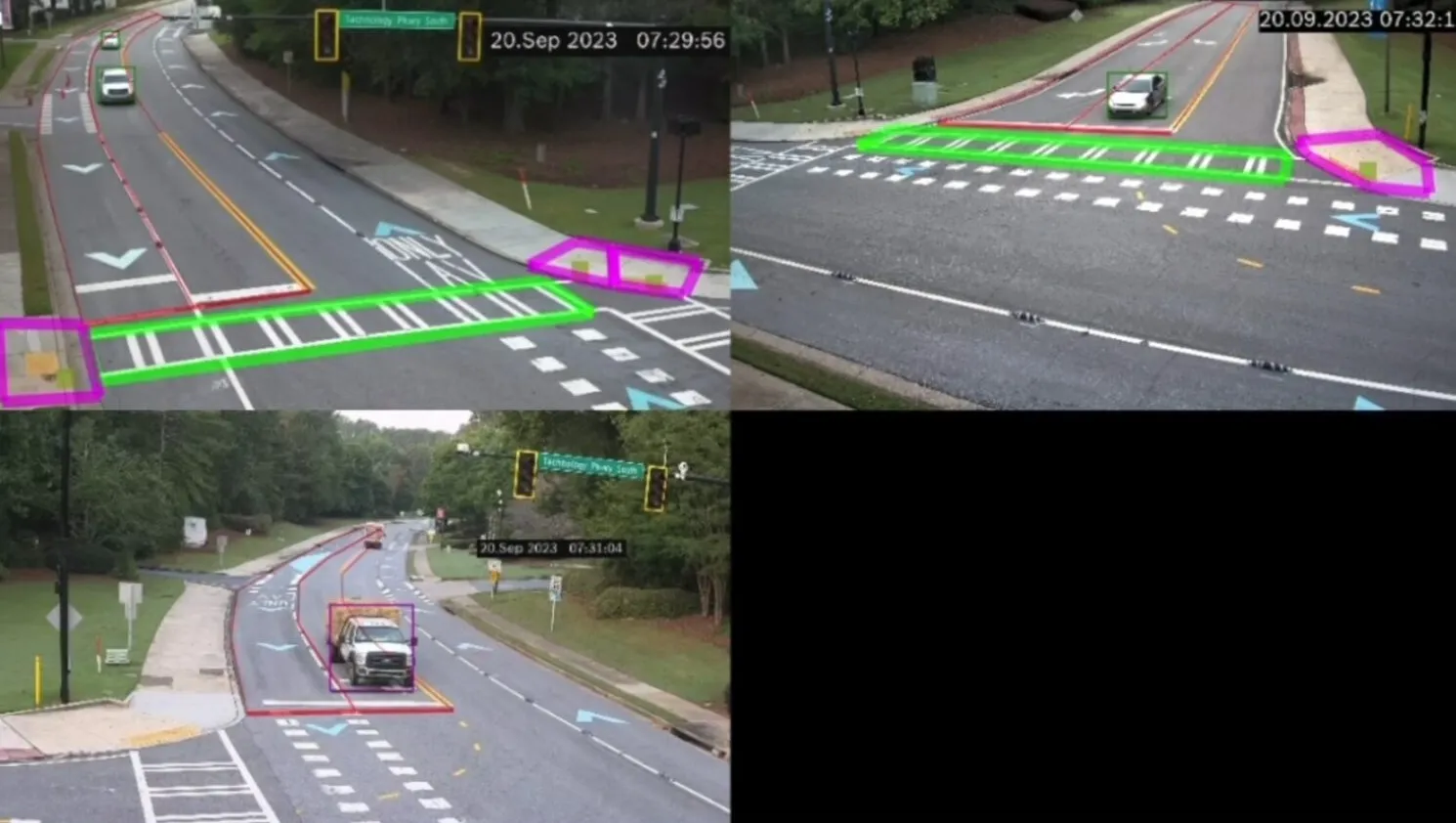Connected Signals has introduced a smart signal priority system to manage mass transit in the US city of Arcadia, California.
The company says its Vehicle to Infrastructure (V2I) technology will to help reduce traffic signal delays by using artificial intelligence to anticipate users’ arrivals at signalised intersections and then request priority.
Connected Signals’ Transit Signal Priority (TSP) is expected to help the city’s buses get in the ‘green wave’ of traffic, either by extending a green light or by having a signal return to green more quickly.
TSP uses only existing infrastructure including the cellular network and cloud computing to provide services at lower costs, Connected Signals adds.
Matt Ginsberg, co-founder of Connected Signals, says the company developed the solution in accordance with the city’s request to ensure the system architecture remained easy to use.
“We were able to enhance our existing V2I technology to provide secure two-way communication and coordination between Arcadia’s traffic management system and the TSP app,” Ginsberg adds.
Connected Signals aims to improve mass transit in Arcadia
Connected Signals has introduced a smart signal priority system to manage mass transit in the US city of Arcadia, California.
The company says its Vehicle to Infrastructure (V2I) technology will to help reduce traffic signal delays by using artificial intelligence to anticipate users’ arrivals at signalised intersections and then request priority.
Connected Signals’ Transit Signal Priority (TSP) is expected to help the city’s buses get in the ‘green wave’ of traffic, either by extending a green light or b
July 8, 2019
Read time: 2 mins










